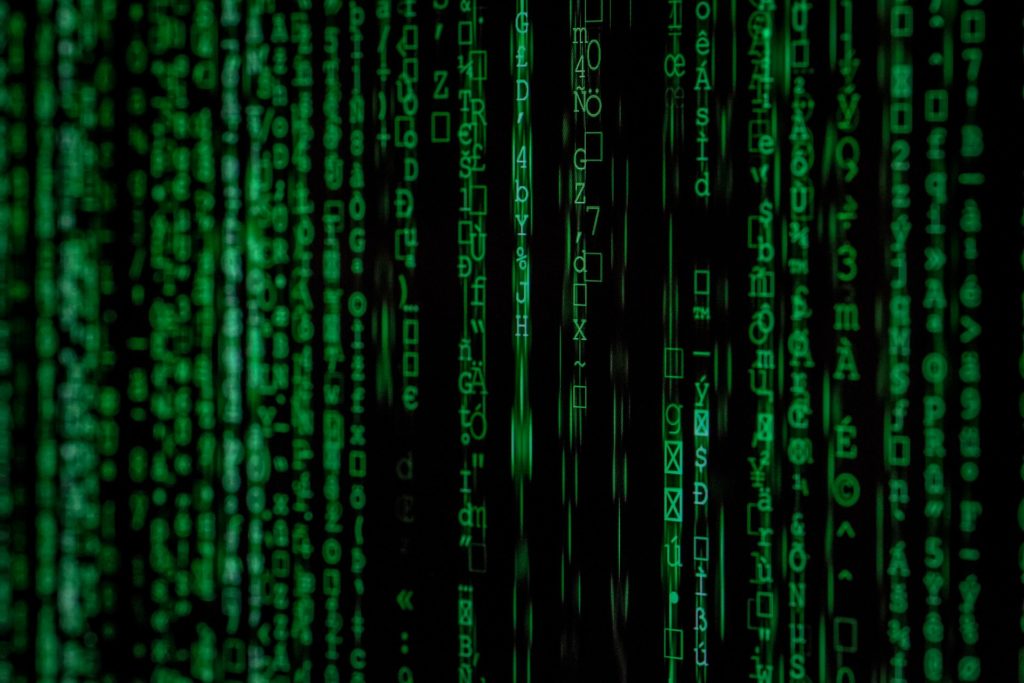The value of IPv4 addresses is a complicated problem to work out. In short, they may act as commodities much like Bitcoin in the future; or, they might not. The question over IPv4 addresses is a classic risk tolerance one for prospective investors. Understanding what an IPv4 address is should be the first task for anyone considering these complicated vehicles as a potential trading commodity.
What are IP addresses?

An IP address is simply the “proper name” of a device connected to the internet. IPv4 addresses have been around since the inception of internet connectivity — having been devised as the naming convention used in the early days of the ARPANET connectivity apparatus that came before the internet that we know and use today. It may be easiest to consider an IP address like a legal name, it consists of numbers that tell other devices about its location and connection, whereas the nickname is the thing we know these devices by. Your laptop connects to a router based on this numbered connection, but you may have assigned it your own name for easy identification when creating and sharing documents with the PCs used by your friends and colleagues.
IP addresses come in two flavors, the first is the locally created notation that a router assigns your device for connections to it. The other is a direct line to the internet itself, the IPv4 address. The trouble is, these numbers are limited, and therefore potentially commodifiable. This leads to the urge to buy IP address blocks in order to resell them as they become positioned to grow in value.
Understand the “Internet of Things” problem.
As our devices grow more sophisticated, they are more readily able to connect directly to the network instead of requiring direct user input to function. Homes are increasingly adding these smart devices that require internet connectivity to operate — think of a thermostat that you can manipulate from your cell phone or the Amazon doorbell that shows you a live stream of the person standing on your stoop. This model of universal connectivity among our devices is called the “internet of things” (IoT). As we integrate more and more of these smart devices that connect themselves together, the more IP addresses we need in assigning proper names to these connections so that other devices on the network can identify and interact with them.
There is a new class of IP addresses called IPv6 that solves this limiting problem that comes along with the first generation of IP connectivity. However, there is a difficulty with compatibility from one type of connection to the other. The newest routers out there are able to assign nomenclature to both types, but this is still not a standard. The question of IPv4 value, therefore, rests in two hypotheticals that an investor must work out for themselves.
Can connectivity be commodified?
The answer is complicated but it hinges on your position on two major questions. The first is whether or not you believe that the ability of devices to assign both types of addresses will become a standard. It is still a significant question for software developers as to whether this is possible. This means that the IPv4 numbers may become scarce commodities once the last assignment is made, or the demand for these numbers could drop off once the technology advances to make the reading of them irrelevant.
The second question is in relation to the content associated with an IP address. Regardless of the scarcity of the resource, IP addresses correspond to real, constructed content in the form of webpages or hardware devices. The internet content associated with a digital location is valuable no matter what. Buying and selling these commodities has always been a viable model for investors, so the value could balloon as the importance of IPv4 protocols becomes more relevant than ever, or they could continue to exist within the same value framework as always with improved overlap.
Buying IP addresses is an interesting concept that investors looking to cutting edge solutions should consider carefully. Do your homework and make the right choice for your portfolio.





